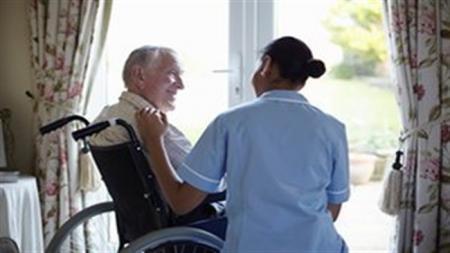
It is the consequences of the ‘overstretched’ that must be of greatest worry for both current and future residents. There will be increasing pressure to rush personal care, resulting in possible mishandling and injury, along with the potential for psychological intimidation and more general abuse, The Guardian wrote.
In policy initiative and operational terms, it should be assumed this is more likely to happen than not in a closed environment. Just look at the scandals involving prisons, boarding schools, children’s residential facilities and even football clubs.
England’s Care Quality Commission cannot be expected to do more than touch the surface in trying to prevent abuse. The time lapse between inspections will always leave it with the ‘day after’ worry ― the risk that something might happen just after the inspection. Last week’s report also showed that staff and relatives have difficulties in bringing attention to abuses.
What is needed is an opening up of the closed care environment. To do this, why not make care home placements a standard part of the nursing curriculum? Nearly 20,000 young optimistically minded beginning professionals, supported by their trainers, would make a huge difference by their presence in care homes.
You rightly point out that raising the council tax even by a further two percent will not cover the additional cost of adult care or greatly relieve the pressures on bed-blocking. In Nottingham, the additional pressures are around £16 million.
They are due simply to the increase in the number of elderly and the prolongation of life of both elderly and disabled people. A government proposal for a further two-percent increase in council tax brings in about £2 million, which is one-eighth of the pressure.
However, what your coverage did not address are two other factors that make the government proposal totally inadequate. First, unlike the NHS, which has had its cash allocation preserved in monetary terms, councils have had severe cuts and the poorer the area the greater the cut. This means that in poorer areas the burden of paying for greater demand has meant greater pressures on other council services than in better-off areas. Second, the poorer the area, the greater level of dependency on social care, the less council tax there is to be raised by the two percent to deal with the issue.
It can’t be a coincidence that this healthcare crisis has been mounting over the last four decades during which the standard rate of income tax has been cut, by successive administrations, from 33 percent to 20 percent and the top rate from 83 percent to 45 percent. None of which means that we taxpayers don’t pay as much for our care: It simply means we pay ― privately or in reduced services ― in a different, more socially regressive and (for some) more expensive, way.
However, little will be done to implement the tax solution until it is recognized once and for all that raising revenue to employ people to provide health and social care ― as well as being much more important ― is as productive and wealth-creating as any other kind of economic activity.
Turning round the ingrained wisdom on this will be a massive task. So, having raised the issue, please don’t let things slide but keep up the good work. There is little more important today.
